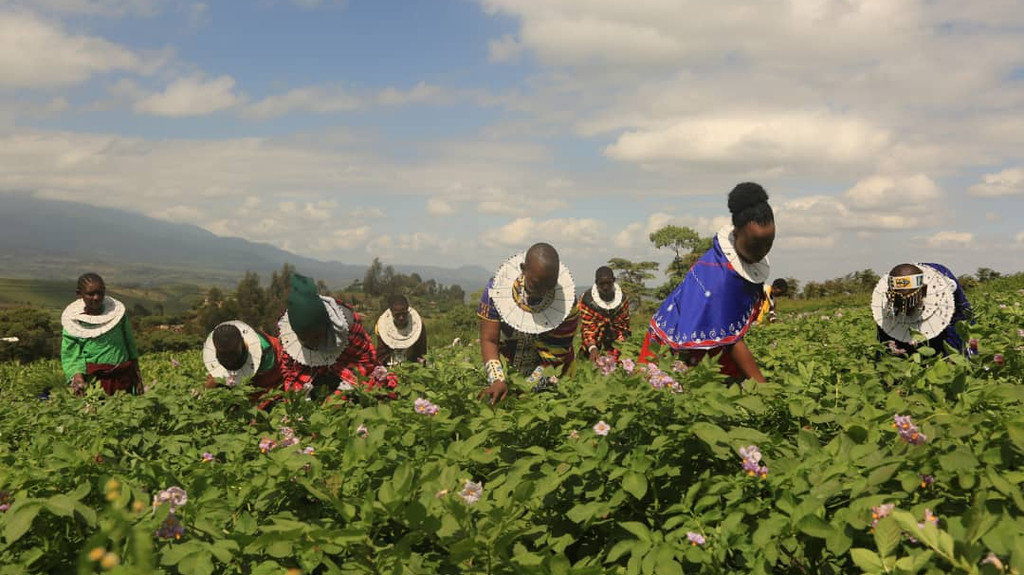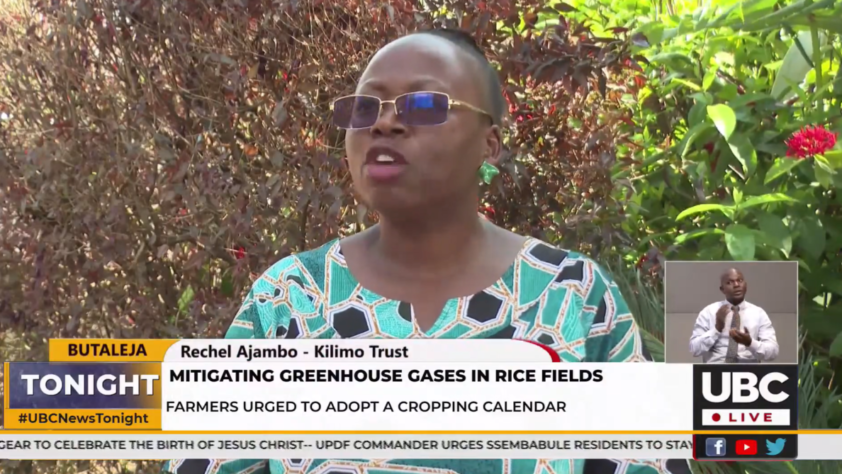
Smallholder inclusion is seen as one of the avenues to leverage investment, opportunities and better livelihoods into rural areas, and many donors, governments, businesses and development practitioners have worked hard to ‘do’ it well.
It can be good for businesses’ CSR (corporate social responsibility) credentials and can help open up new sources of supply, good for governments who hope to see the multiplier effects of formal trade in rural areas, and for donors in meeting their poverty alleviation objectives through ‘trade not aid’.


